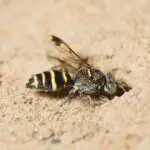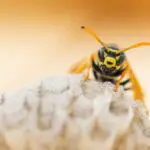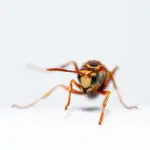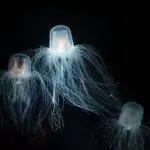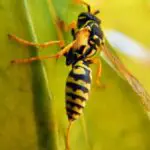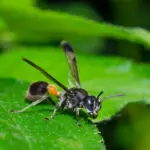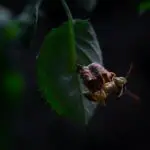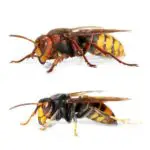How Important Are Wasps to the Ecosystem?
Despite being considered a menace by many, wasps are important to the ecosystem. They provide essential services such as pollination and parasite control. They also help to regulate the insect population. This in turn helps to maintain the ecosystem balance.
Wasps are important to the ecosystem because they are natural pest control agents. They control pests by feeding on them, reducing the need for pesticides. The food that wasps provide for insect larvae is important to the ecosystem because it releases nutrients into the soil. They also serve as pollinators and scavengers.
Scientists have been trying to learn more about the role that wasps play in the ecosystem. One study led by researchers from UCL found that roughly 33,000 species of wasps contribute to the ecosystem. The researchers compiled evidence from over 500 academic papers to form their conclusion.
Wasps are classified into three groups: social, parasitic, and solitary. Social wasps live in colonies with a queen and workers. These colonies typically house about a thousand workers. These workers communicate in a complex manner to collect food. They also raise sister workers from the queen’s eggs.
Parasitic wasps lay eggs on the insects they attack. The sting of the parasitic wasp acts as an ovipositor. These eggs are then placed in the body of the insect host, where the larvae develop. The aphid is the target species. The aphid produces a substance called honeydew, which attracts ants.
Solitary wasps are not predators, but they serve important ecological roles. They typically hunt a single type of prey. They may have several generations a year in tropical regions.

